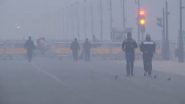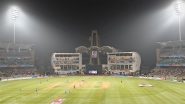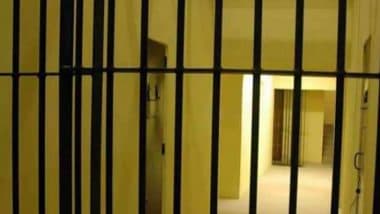By Lee Kah Whye
Singapore, Oct 8 (ANI): The highly anticipated flash estimate for the 3rd Quarter 2018 published on October 1 showed that private residential property prices in Singapore creeped up 0.5% compared with the 2nd Quarter.
The data released by the Urban Redevelopment Authority (URA) of Singapore revealed that the overall private residential property index increased 0.7 points from 149.0 points in 2nd Quarter to 149.7 points in 3rd Quarter 2018. This represents an increase of 0.5 per cent, compared to the 3.4 per cent increase in the previous quarter.
Non-landed property (apartments and condominiums) in the Core Central Region (CCR) registered the highest increase of 1.2 per cent. CCR comprises premium residential areas including the central business district, Sentosa, Orchard Road, River Valley, Tanglin, Newton, Holland Road and Bukit Timah.
The increase in prices in the CCR was 0.9 per cent in the 2nd Quarter when compared with the first.
However, real estate prices in Rest of Central Region (RCR) which comprises the popular areas in the central south of Singapore declined 0.8 per cent after registering an increase of 5.6 per cent in the previous quarter.
Prices in the rest of Singapore went up 0.1percent after increasing 3.0percent in the prior quarter.
The URA will update and release the full set of real estate statistics on 26 October 2018.
The latest set of data is the first after the Government implemented measures to cool the property market at the beginning of July 2018 after seeing a 9.7 per cent increase in property prices over the last year. The measures include an increase in the buyer's stamp duty on property purchases as well as tightening the limits on how much can be borrowed against property values. These measures were introduced to "cool the property market and keep price increases in line with economic fundamentals."
With the new measures, the ninth round in nine years, foreigners have to pay a total of 20 per cent in stamp duty when they purchase property in Singapore. This is up from 15 per cent. Singapore citizens and permanent residents buying their first residential property are not affected. However, those buying their second and subsequent property will see a 5 per cent increase in buyer's stamp duty.
Meanwhile, the maximum loan that can be taken out against the property value will be reduced by 5 per cent for all housing loans granted by financial institutions. This means that individual borrowers can now only loan up to 75 per cent of the property value instead of 80 per cent or up to 55 per cent if the loan tenure is more than 30 years or extends past the age of 65.
These measures came as a surprise to many property market insiders who were hoping that with increasing transaction volumes observed in the first half of 2018, the market was on an upswing. Stock prices of banks and property counters took a big hit when the measures were announced and yet to fully recover after 3 months.
The latest property cooling measures are certain to have a negative impact on foreigners buying property in Singapore.
At the beginning of 2018, there were reports that foreign demand for Singapore residential property was on the rise after 3 consecutive years of increase in foreigners buying property in Singapore. This was preceded by 4 years of decline following the introduction of Additional Buyer's Stamp Duty (ABSD) towards the end of 2011.
There were about 21,000 property transactions in Singapore in 2017 with foreigners accounting for 7.5 per cent of that. The long-term average percentage of foreigners purchasing property in Singapore as a proportion of the total is close to 9 per cent.
Typically, foreigners can only buy property such as condominium units, flats or apartments or strata landed house in an approved condominium development. Landed residential property is usually not sold to foreigners unless special permission is granted by the Singapore Land Authority. This is with the exception of properties in Sentosa Cove which is available to foreigners under more relaxed circumstances.
Based on 2017 statistics, Indians make up the fourth largest group of foreigners buying property in Singapore after Chinese nationals, Malaysians and Indonesians- in that order. (ANI)
(This is an unedited and auto-generated story from Syndicated News feed, LatestLY Staff may not have modified or edited the content body)













 Quickly
Quickly




















